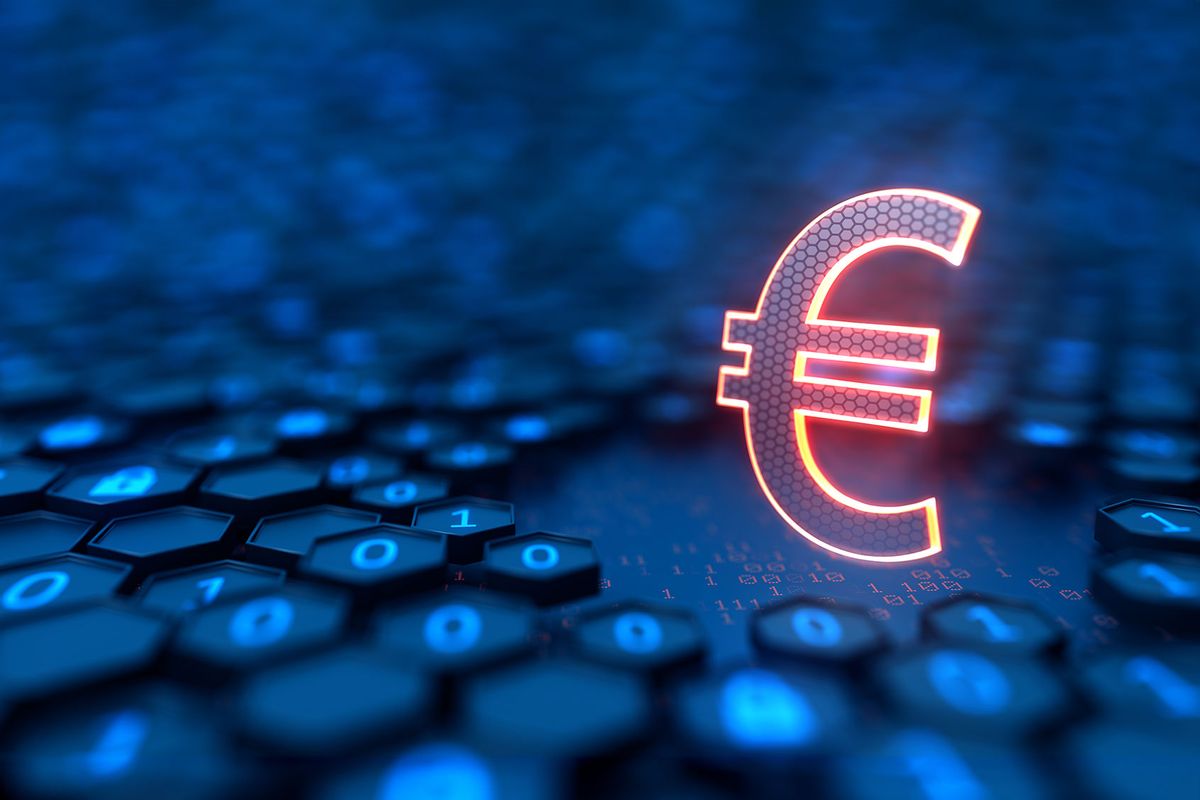During the 2021 pandemic lockdown, drug gangs in the United Kingdom ran into a problem: They had too much cash.
Without being pumped back into the legitimate economy, according to the BBC, piles of cash were essentially useless to the UK gangs, being too traceable to use in order to buy more drugs to sell. The gangs needed to offload the dirty cash, and do it discreetly.
That’s when Smart and TGR, two Moscow-based cryptocurrency groups, came into play.
Known for being used in untraceable transactions, crypto was the perfect solution for the UK gangs, and the two groups had much of it to spare thanks to ransomware profits — so a deal was struck. By paying a commission, the UK gangs could convert their cash into crypto through Smart and TGR, who would then launder the money through their networks.
The UK’s National Crime Agency described it as a “mutually beneficial service.” The UK gangs would be able to reinvest in their business using the untraceable currency, purchasing weapons and drugs risk-free, while Russian elites and oligarchs could bypass sanctions.
“For the first time, we have been able to map out a link between Russian elites, crypto-rich cyber criminals, and drug gangs on the streets of the UK,” Rob Jones, Director General of Operations at the National Crime Agency, said in a statement.
The thread to unraveling the network was first tugged when police detained a drugs profits courier in 2021, who was carrying £250,000 in cash in his car. After working out that he had ties to Ekaterina Zhdanova, the head of the Smart cryptocurrency exchange service, the NCA traced the crime network all over the world — from the UK to the Middle East, Russia, and South America.
Uncovering the global multi-billion-dollar network marked the biggest success against money laundering in a decade, investigators said.
“The NCA and partners have disrupted this criminal service at every level,” Jones said. “[We are] sending a clear message that this is not a safe haven for money laundering.”



Shares